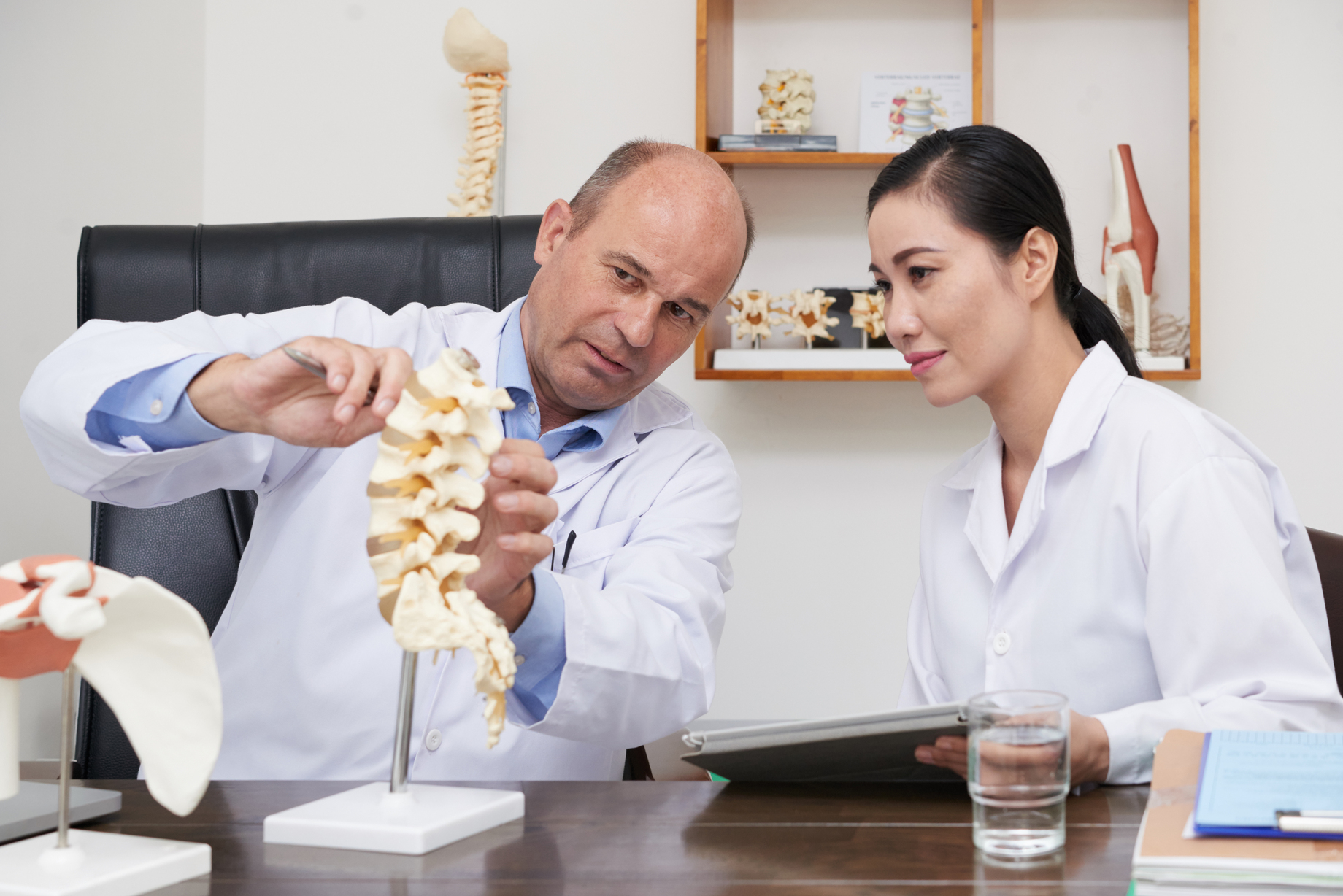

Denosumab, a medication, substantially decreased abnormal bone turnover in adults with fibrous dysplasia, a rare disease characterized by weak and malformed bones, according to a clinical trial at the National Institutes of Health. In fibrous dysplasia, the process of bone turnover, which involves constantly replacing old bone with new bone, is unusually accelerated.
Researchers from the National Institute of Dental and Craniofacial Research (NIDCR) and the NIH Clinical Center conducted the investigation with eight participants. The findings suggested that denosumab may enhance patients’ quality of life by promoting sound bone development. The New England Journal of Medicine published a correspondence report on these results.
Beginning in early infancy, gene mutations that cause fibrous tissue to replace healthy bone are the cause of fibrous dysplasia. These fibrous lesions weaken bones and cause bone deformities, fractures, muscular impairments, and discomfort. They are characterized by accelerated bone turnover. The lesions may occasionally encroach on nerves and organs, impairing breathing and eyesight.
“Surgery is still the standard treatment for fractures and deformities caused by fibrous dysplasia,” said senior author Alison Boyce, M.D., a clinical investigator at NIDCR. “Denosumab is the first medication that appears to affect how fibrous dysplasia lesions behave and improves patients’ disease outcomes.”
The U.S. Food and Drug Administration has approved the drug denosumab to address cancer- and osteoporosis-related problems with the bones. It inhibits RANKL (receptor activator of nuclear factor kappa-B ligand), a protein believed to increase bone turnover that is elevated in people with fibrous dysplasia.
Eight women were given high doses of denosumab over a six-month period in phase 2 clinical study. Patient’s bone biopsies and scans at the conclusion of the therapy phase revealed a notable decrease in bone turnover within lesions. Blood levels of proteins linked to bone remodeling also returned to normal. These outcomes showed that the therapy enhanced the stability and quality of the patient’s bones.
Patients who took denosumab reported fewer side effects. One patient who had rib lesions also had improved lung capacity. Another participant had improved eyesight despite having fibrous dysplasia in the skull.
“This trial is the culmination of 25 years of clinical research at NIDCR to understand the underlying mechanisms of fibrous dysplasia and to identify promising treatments,” said NIDCR Director Rena D’Souza, D.D.S., Ph.D.
Denosumab showed promise, but all but one of the patients experienced a return of abnormal bone turnover when the drug was discontinued. Bone turnover was higher in four individuals than it was before treatment. Dr. Boyce emphasized the significance of clinicians taking these dangers into account when providing care to patients.
Dr. Boyce and her team are currently evaluating denosumab in a new clinical trial for kids with fibrous dysplasia to see if early intervention with the drug can stop lesions from forming entirely.
more recommended stories
 Red Blood Cells Improve Glucose Tolerance Under Hypoxia
Red Blood Cells Improve Glucose Tolerance Under HypoxiaKey Takeaways for Clinicians Chronic hypoxia.
 Nanoplastics in Brain Tissue and Neurological Risk
Nanoplastics in Brain Tissue and Neurological RiskKey Takeaways for HCPs Nanoplastics are.
 AI Predicts Chronic GVHD Risk After Stem Cell Transplant
AI Predicts Chronic GVHD Risk After Stem Cell TransplantKey Takeaways A new AI-driven tool,.
 Red Meat Consumption Linked to Higher Diabetes Odds
Red Meat Consumption Linked to Higher Diabetes OddsKey Takeaways Higher intake of total,.
 Pediatric Crohn’s Disease Microbial Signature Identified
Pediatric Crohn’s Disease Microbial Signature IdentifiedKey Points at a Glance NYU.
 Nanovaccine Design Boosts Immune Attack on HPV Tumors
Nanovaccine Design Boosts Immune Attack on HPV TumorsKey Highlights Reconfiguring peptide orientation significantly.
 High-Fat Diets Cause Damage to Metabolic Health
High-Fat Diets Cause Damage to Metabolic HealthKey Points Takeaways High-fat and ketogenic.
 Acute Ischemic Stroke: New Evidence for Neuroprotection
Acute Ischemic Stroke: New Evidence for NeuroprotectionKey Highlights A Phase III clinical.
 Statins Rarely Cause Side Effects, Large Trials Show
Statins Rarely Cause Side Effects, Large Trials ShowKey Points at a Glance Large.
 Anxiety Reduction and Emotional Support on Social Media
Anxiety Reduction and Emotional Support on Social MediaKey Summary Anxiety commonly begins in.

Leave a Comment